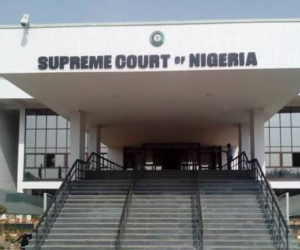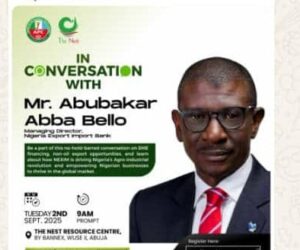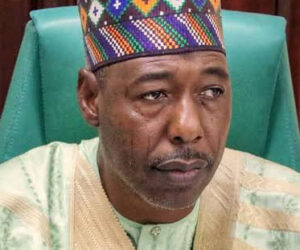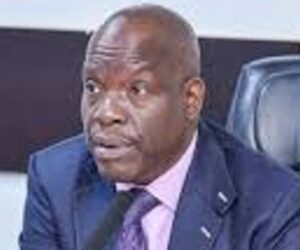0
ABUJA – Dr Orji Ogbonnaya Orji, Executive Secretary and CEO of the Nigeria Extractive Industries Transparency Initiative (NEITI), on Monday, called for a transformative new agenda for civil society organizations (CSOs) in the extractive sector, urging them to shift from traditional advocacy to evidence-driven leadership and solution-oriented oversight.
Speaking during a courtesy visit to the Executive Director of the Civil Society Legislative Advocacy Center (CISLAC), Hon. Auwal Musa Rafsanjani, at the CISLAC Conference Room in Abuja, Orji emphasized the indispensable role of CSOs in global governance debates, particularly within the Extractive Industries Transparency Initiative (EITI).
He highlighted how civil society has historically amplified citizen voices, defended transparency, and driven reforms that governments and companies cannot achieve alone.
“As we enter a new era defined by the energy transition, digitalisation, and fiscal pressures, the question before us is not whether civil society matters, but how civil society can redefine and strengthen its role to remain impactful in the years ahead,” Orji stated.
Outlining a “new agenda” for civil society under EITI, Orji advocated for CSOs to move beyond demanding accountability. Instead, they should lead in areas such as energy transition accountability through scorecards tracking commitments and community plans; in-depth analysis of contract and beneficial ownership disclosures to identify risks and inform policy; engagement on resource mobilization, fiscal justice, subsidy reforms, debt sustainability, and equitable development; and vigilance against illicit financial flows via civic observatories and collaborations with journalists and global watchdogs.
Orji detailed NEITI’s efforts to support this shift, including the reinvigoration of the Inter-Ministerial Task Team for audit follow-ups, the strengthening of the companies Forum for multi-stakeholder dialogue, and the development of a Data Center for real-time disclosures on revenues, contracts, ownership, host community funds, and energy transition.
He also announced that NEITI’s 2024 industry reports on oil, gas, and solid minerals are underway and expected by year’s end.
Further institutional linkages include signed Memoranda of Understanding (MoUs) with the Economic and Financial Crimes Commission (EFCC), Independent Corrupt Practices and Other Related Offences Commission (ICPC), and Nigerian Financial Intelligence Unit (NFIU), with additional agreements nearing completion with the National Bureau of Statistics and NNPC Ltd. These will be supported by joint technical committees, providing CSOs with enhanced access to government and industry partners.
Directly addressing CISLAC, Orji challenged the organization to collaborate closely with NEITI in leading civil society debates. He praised CISLAC’s regular bulletins for keeping the public informed but urged a progression to publishing peer-reviewed scholarly journals to institutionalize knowledge production and bolster academic foundations in civic work.
“Civil society has been the backbone of Nigeria’s EITI journey. But the future demands more. It demands that Civil Society Organisations evolve from watchdogs to solution-providers, from activists to knowledge leaders, from observers to reform architects,” Orji concluded, reaffirming NEITI’s commitment to an open civic space and partnership with CISLAC and other CSOs.
The speech underscores ongoing efforts to enhance transparency and accountability in Nigeria’s extractive industries amid global shifts, positioning civil society as a pivotal force in sustainable development.








